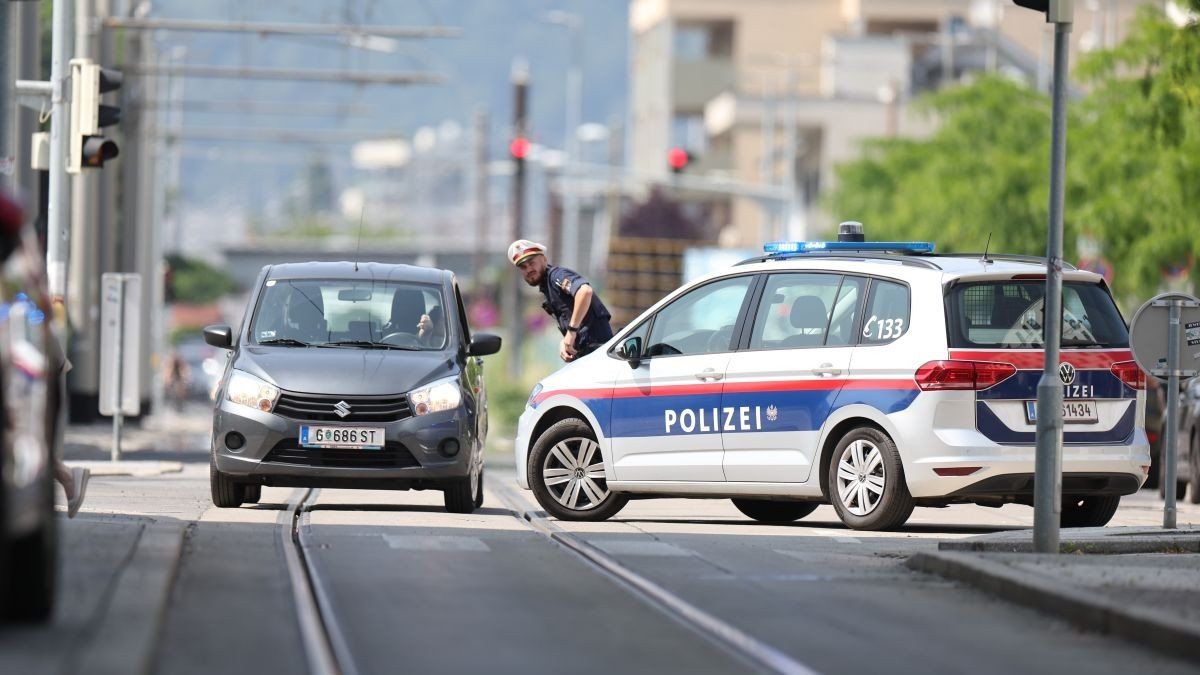Shooter kills nine at Austrian school
A gunman killed at least nine people at a school in Graz, Austria, on Tuesday, in what appears to be the worst school shooting in the country’s post-war history. The 21-year-old suspect, who was an ex-student of the school, reportedly took his own life. Austria has relatively liberal gun laws, compared to some other European countries, so we’ll be watching to see if this tragedy prompts any debate about tighter restrictions.
Could Duterte nab an impeachment reprieve?
The Philippines Senate on Tuesday sent impeachment articles against Vice President Sara Duterte back to the House for constitutional clarifications. It’s a reprieve for Duterte, who faces impeachment on allegations of high crimes, including a plot to kill her political (and dynastic) rival, President Ferdinand Marcos Jr. The stakes are high: if impeached, Duterte could be blocked from running for president in 2028. The political blowback could be severe, thoug: The vice president’s party outperformed expectations in last month’s midterm elections.
Trump’s Big Bill is now a Crapo-shoot
All eyes in Washington are today on Sen. Mike Crapo, Republican from Idaho who, as chairman of the Finance Committee, will be marking up President Donald Trump’s “Big, Beautiful” tax-and-spending bill. Crapo has his work cut out: A cadre of budget hawk GOP senators have calledforcuts to the spending outlined in the House-passed version of the bill, while others are worried that any significant savings will come at the expense of Medicaid or other popular programs. Rock, meet hard place: Over to you, Mike.
